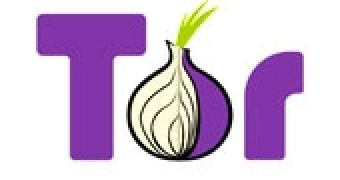The Tor Project has released version 0.2.1.29 of its anonymization software to address several security issues including a critical vulnerability that can potentially result in arbitrary code execution.
Identified as CVE-2011-0427, the critical flaw consists of a heap overflow bug which can be exploited remotely to crash the program and execute malicious code.
Tor maintainers credit a researcher named "debuger" with reporting this issue that was also patched in the older 0.1.2.10-rc branch.
This new security update comes after a month ago a similar heap overflow vulnerability (CVE-2010-1676) was addressed in version 0.2.1.28.
The new 0.2.1.29 version also resolves a flaw with the zlib data compression library which can result in a denial-of-service condition (DoS).
Another security enhancement consists of zeroing out keys before freeing memory in order to avoid sensitive data being left behind. In past versions, someone with high enough privileges could read the keys.
The release contains four other major bug fixes to prevent severe stability problems, as well as six minor ones in various components.
The Maxmind GeoLite Country database has also been updated to the latest version and ouput size checks have been introduced for all decryption functions.
An issue with the build script failing when used with Automake 1.6 and earlier versions has been addressed by adding a mandatory check for Automake 1.7.
Tor 0.2.1.29 can be obtained as source code or binary packages for Windows, Linux and Mac OS X that come bundled with the Vidalia user interface.
Tor is an implementation of the onion routing protocol which randomly bounces communications through a network of peers in order to achieve anonymity.
This process prevents both local network admins from determining the destination of packages and their recipient from determining the source.

 14 DAY TRIAL //
14 DAY TRIAL //